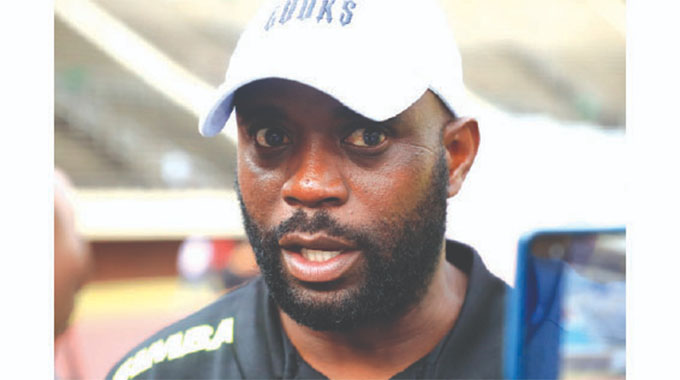Zim sport @ 35
Robson Sharuko
FROM the Golden Girls who won gold at the 1980 Olympic Games in Moscow, a Davis Cup team that shocked the globe by beating Australia in its backyard to a golfer who rose to be number one in the world, Zimbabwe has certainly punched above its weight in sport.
The country, which turns today, can look back to some glorious episodes in its sporting journey, including producing a iconic swimming queen who has won seven medals at the Olympics and a diver who became world champion in Rome almost 20 years ago. Two of its cricket coaches wrote themselves into Ashes folklore with Duncan Fletcher and Andy Flower both guiding England to success in the iconic contest against bitter rivals Australia, ending the Aussies’ relentless 18-year-old grip on the priceless little urn.
Today, Zimbabwe is one of just two African nations good enough to be accepted in the exclusive club of Test cricket and the country has, in the past 35 years, produced genuine world-class cricketers. Flower is considered one of the game’s greatest wicket-keeper batsmen of all-time, while Dave Houghton, Heath Streak and Tatenda Taibu left their mark in the game in their unique way.
In 2011, Flower was named Coach of the Year in the BBC Sports Personality of the Year awards. His compatriot Fletcher played a starring role as Zimbabwe shocked Australia at the ‘83 World Cup and that huge upset remains one of the finest fairy-tale stories at the game’s biggest showcase.
Sixteen years later, Zimbabwe made it into the Super Six stage of the Cricket World Cup in England and, in other of the astonishing results, beat powerhouse India with Henry Olonga taking three wickets in one sensational over.
The cricket team still battles in the trenches of the heavyweights, the second most powerful team in Africa and one of the 10 best teams in the world.
At least, golfer Nick Price transformed himself into the best player in the world during a golden period for him in ‘93 and ‘94 when he won three Major golf titles, twice winning the US PGA and once triumphing in the British Open.
Today, Price is one of the players inducted in the World Golf Hall of Fame and has the honour of captaining the International Team in their President Cup duel against the United States superstars.
Langton “Schoolboy” Tinago won three Commonwealth titles and there are many here who feel he would have even won the world title if he had boxed in the new millennium. The late Proud “Kilimanjaro” Chinembiri fought his way from Mbare, the same Harare neighborhood that produced former European heavyweight champion, Del Boy Chisora, to become African heavyweight champion.
He was even offered a crack among the globe’s elite heavyweight boxers when he was lined up for a fight against Lennox Lewis, who would later become the undisputed champion of the world, but a failed medical ruined his dream.
Football star Bruce Grobelaar moved from Highlanders into the hallowed grounds of Anfield where he won the European Cup as a member of a Liverpool side that was one of the most dominant sides in the history of the game.
The Jungleman led the way for a generation of African players who would break into the English Premiership, including a wing genius called Peter Ndlovu, from his old club Highlanders, who was so good at his peak the British media even dubbed him the new George Best.
The Black family rose from a Harare suburb to make a big impact in the tennis world with Byron, the eldest of the siblings, becoming the world number one doubles player in February ‘94, winning the French Open in the same year and, in partnership with Jonathan Stark of the United States, losing in the final of the ‘94 and 2001 Aussie Open and Wimbledon in ‘96. Wayne and Cara also enjoyed Grand Slam success in their careers but the finest moment for the Blacks probably came in the colours of their nation in the Australian city of Mildura in ‘98.
Tennis Australia has hailed Zimbabwe’s 3-2 victory that year as one of the second greatest shock in Davis Cup history.
Zimbabwean sports fans, too,will remember Kirsty Coventry for the rest of their lives after her explosion on the scene at the turn of the millennium to transform herself into the Olympic queen of her country with medals in Athens and Beijing.They might just be 14 million Zimbabweans in the world but, as they celebrate 35 years of independence today, they have a right to toast the impact they have done on world sport. Even at a World Cup where Zimbabwe won’t be taking part, like the 2015 Rugby World Cup in England, expect a Zimbabwean player to be making a huge impact for one of the favourites.
When you hear the phrase “Beaaaaasssst” at the 2015 Rugby World Cup, remember it has roots in Zimbabwe and Tendai Matawarira is one of the country’s gifts to global sport.
This article first appeared in The Southern Times








Comments